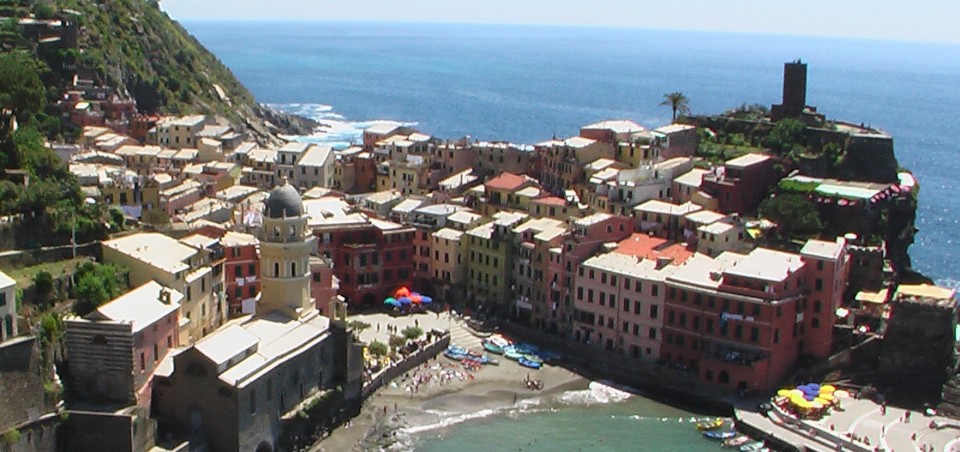You can spend as much time, or as little time as you want in planning a trip. Many people get a lot of satisfaction out of planning and it can be very rewarding. Some may have a good idea as to where they want to go, while others have an open mind and look to advice or recommendations from friends, relatives or travel agents.
There are four basic choices in the initial stages of planning:
- Where do I want to go?
- How do I get there?
- How would I travel around when I get there?
- What do I want to see or do there?
Assuming you have made a decision on the first question you need to do some research on the alternatives available.
“I’ve always wanted to go to India”, you might say to yourself. In that case you will need to check airlines which will get you there. This is easy enough on the Internet, just by using various airline websites and the details of the various flights. It is worth considering direct flights versus stopovers, flight times and fares (economy, premium economy, business). It is worth remembering that each airline has what is called a hub, so that, for example, if you want to fly from Sydney to London you will go via Dubai on Emirates as Dubai is the airline’s hub. If you want to go with Singapore Airlines, then Singapore is the hub. A stopover might be worth it, considering the flight times. There are plenty of cheap international flights available but they may well involve several stops, adding to the inconvenience.
You can actually book your flight online however it may be worth checking with a travel agent as they have more detailed information on flight categories, codes and special discount fares. So you cannot always rely on booking yourself to be the cheapest option. Early bird specials are often released around October, November for special deals for the following year, but this varies.
Once you have made some decisions on how to get there you will need to decide on how to get around. You can book a package tour where everything is done for you and you travel with others in a tour bus or coach. Alternatively, you can travel independently. This may be cheaper, and it may be more fun, but it is really a personal choice. You can even mix and match the two. For example you can travel independently to Europe, then buy a couple of tours of short duration. Equally you can buy a package tour from home, but adapt it to spend some time on your own, say, in a big city before flying home. Cruises are now becoming extremely popular so a cruise could form part of your trip.
When travelling independently, there are several options, such as driving, using trains, buses and/or ferries. With driving yourself, many countries drive on the right so you will need to bear this in mind. This requires a lot more research, but again many people find this a labour of love. You can book your accommodation at hotels, bed and breakfasts or apartments (such as with Air B&B) or you can take your chances when you get there. This will give you more flexibility but might be risky in popular destination in peak times. Again, the Internet gives you many choices.
An important question next will be how much this trip is going to cost. It will require a budget. If you are capable with a computer you can use a spreadsheet to assist you.
I use one spreadsheet for planning the itinerary and another for costs. The subheadings could be flights, accommodation and other expenses (See examples below).
It is important to be flexible, especially in the early stages of planning. Your itinerary can be refined by minor additions or subtractions, or even wholesale changes. Be prepared to have an open mind, or to think laterally. For example, after checking an itinerary ask someone else to cast an eye over it. Perhaps due to weather or climate considerations you may be better to reverse your itinerary, as long as there is a good reason for it.
In organising an itinerary it may be necessary to ‘build in’ some free days or rest days so that you avoid being tired or stressed. You can divide the days into travel days, sightseeing or activity days and rest days.In the latter this is a chance to catch up on washing, reading, or writing emails to friends and relatives.
There is great satisfaction to be had from travel; the planning, the travel itself and the post-travel stories and photo sharing.
Examples:
| HAWAII – VANCOUVER 2018 | |||
| Day No. | Day | Date | Details as at 1st May 2018 |
| 1 | Thursday | 19th July 2018 | Fly Sydney – Honolulu Hawaiian Air Dep. 9.25pm Arr. 11.20am |
| 2 | Friday | 20th July 2018 | In Waikiki Holiday Inn?? |
| 3 | Saturday | 21st July 2018 | Board Pride of America for Hawaiian Islands cruise 7pm |
| 4 | Sunday | 22nd July 2018 | Sail to Maui |
| COSTS | ||||
| Hawaii -Vancouver | ||||
| Booked | Deposit | Amt owing | Total Paid | |
| Airfares | ||||
| Hawaiian Airlines Bus. | Yes | $1,000 | $9,542 | |
| Cruise | ||||
| Pride of America | Yes | $400 | $8,110 | |
| Accommodation | ||||
| Honolulu | Yes | $305 | ||
